Sports are one of the largest unspoken cultural phenomena in American history. Whether you’re in elementary school, college, or beyond, sports have notably been extricated from other societal and cultural discussions of American history.
Sure, Jackie Robinson is a well-known figure to many, and rightfully so; He broke modern Major League Baseball’s color barrier in 1947 and prominently advocated for Civil Rights throughout his life.
But there are other players and trends across American sports history that have been very clearly separated from anything you’d read for in a typical U.S. History class.
As a lifelong sports fan studying political science and history, I’ve seen this dichotomy first hand. When writing a paper on Cuban baseball Fidel Castro’s portrayal by American media and academics for example, I found this out first hand. For every book or article rightfully connecting baseball to a national pride machine, three more books surrounding simply Cuban baseball players playing in America could be found. Interdisciplinary and thoughtful sports articles that dive into the social and political worlds when analyzing sports are uncommon enough in the press today, but that sort of thought is almost impossible to find in an academic setting.
I find this appalling.
Like music, fashion, or any other cultural marker, sports provide an intersection of all of the sometimes-ill-fitting pieces that make up humanity, from race and class to morality and capitalism. The sports world is not separate from the real world, nor does it serve as a distraction, or as Tony Jones of The Athletic put it last week, as a ‘deodorant.’
Many of my favorite sportswriters and athletes from across generations clearly understand this and make their opinions known. From voices of the past like Kareem Abdul-Jabbar to those of today like Jaylen Brown, there are so many powerful, cogent voices connecting the issues they see in the sports world to those in what some would simply call ‘the real world.’
Too many do not see or acknowledge these connections.
If sports are your escape or oasis from the pressures of the rest of your life, that’s not wrong. For millions of us, we’ve alleviated stress and built lifelong friendships through sports, and for a lucky few, they’ve elevated themselves into the professional level with unprecedented amounts of hard work and perseverance.
But simply because we are fans doesn’t excuse leaving one’s manners, morals, and mind at the door when heading out to watch a game. And even if some perceive their relationship with sports to be that way, that’s not what’s really happening.
Bill Plaschke wrote on this problem in the LA Times last week, calling out fans for building barriers between athletes as entertainers and as human beings.
I decided I wanted to speak to the same issue on my much smaller platform, but I wanted to add the nuance of a student journalist to this discussion. At the beginning of the COVID-19 pandemic, I wrote on dehumanizing athletes by seeing them only as profit-driven entertainers that would give the masses something to consume during their quarantine. But in light of the differential scrutiny clearly given to athletes during the George Floyd protest movement, there is more to add than humanizing and empathizing.
Over the course of my life, I’ve seen sports and the rest of our lives separated. Maybe that is what helps sell tickets and boost TV ratings, providing people an entertainment experience in a vacuum.
But that’s not why I love sports, and if, especially as students, we want to see change in our country, I think sports should not be ignored.
Sports provide us with powerful tools through which to alter our society. Devout support of teams and athletes has helped endear millions of fans all over the country to African American and Latin American athletes less than a century removed from Robinson, who was booed and threatened simply for playing on the same field as white players.
Can we capitalize on this to help change race relations in this country? Can the interactions that go on in locker rooms with people from all over the country, from small towns in the South to urban jungles on the coasts to isolated midwestern hamlets, translate into a framework for understanding across any and all backgrounds?
It already seems to be the case. As white players across major sports have issued statements of support for their black teammates and fellow citizens, they’ve also denounced some of their white teammates who aren’t working towards the same cause, something many are seeing as a sign of changing times and a more hopeful, integrated future.
By humanizing, empowering, and expecting our athletes to work like other American cultural influencers and by studying them and their contributions as such, I think we, as students, sports writers, and fans, like any other active analytical members of our society, have a chance to effect real and lasting change.


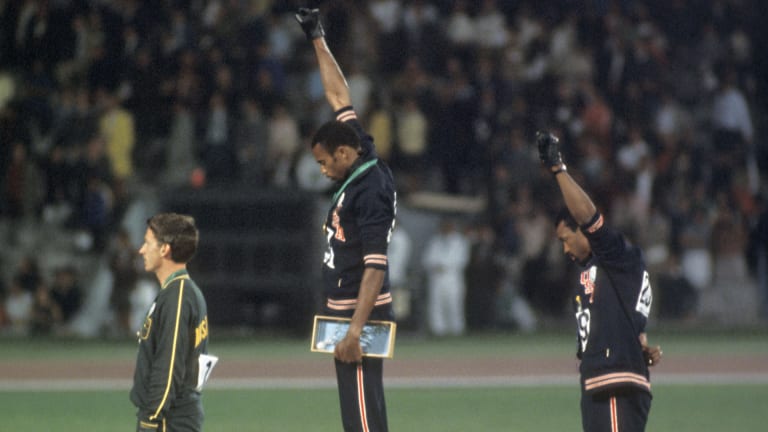
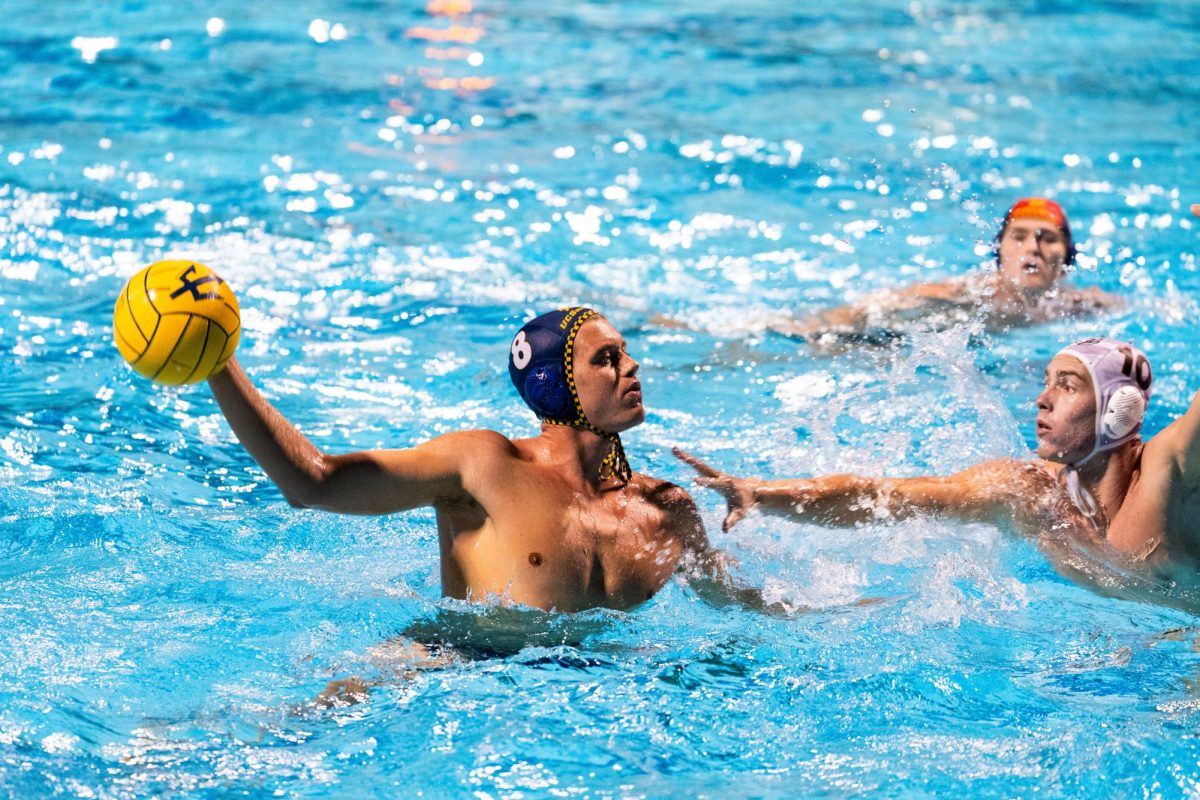
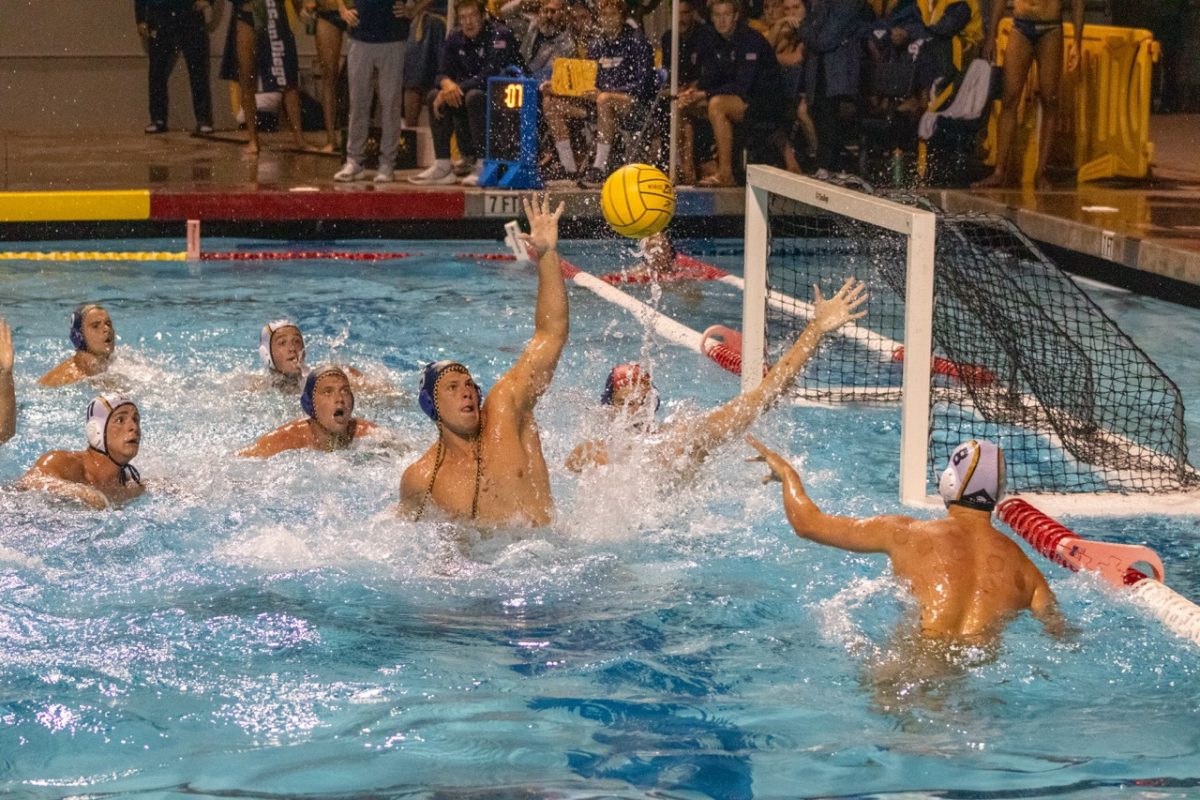
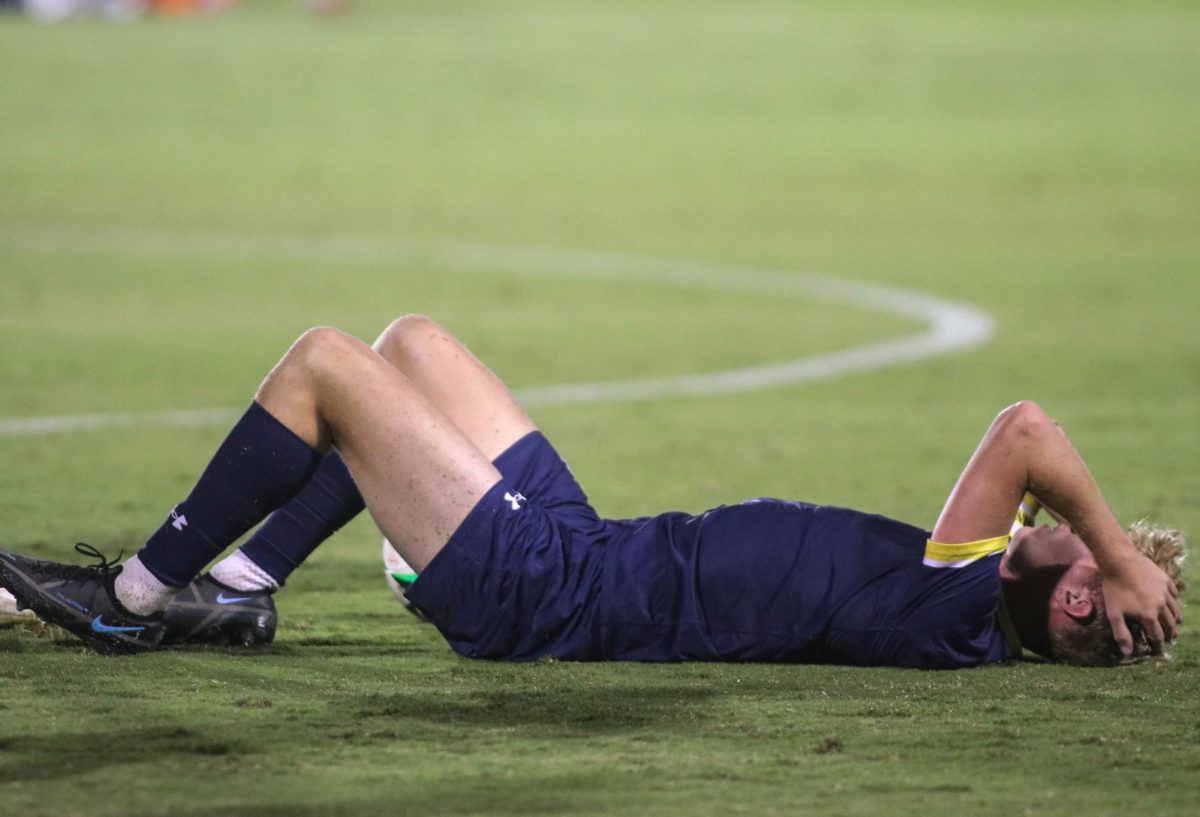
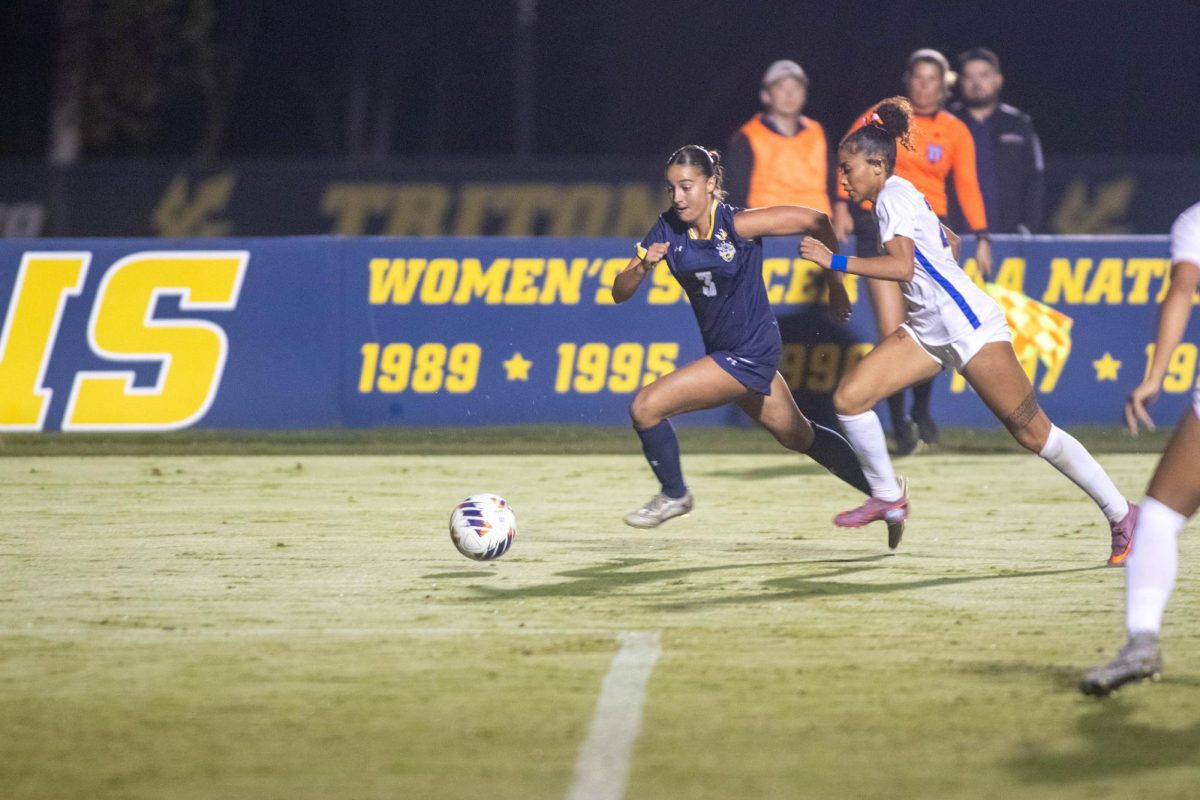
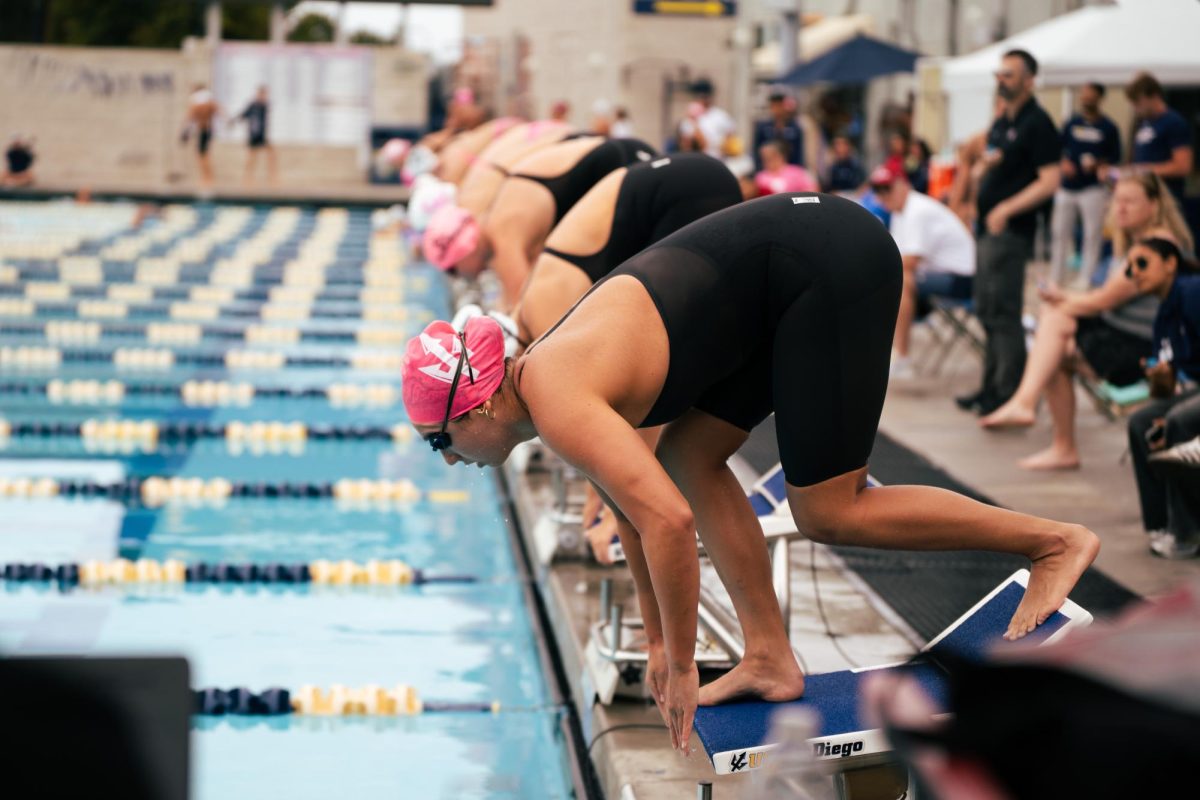
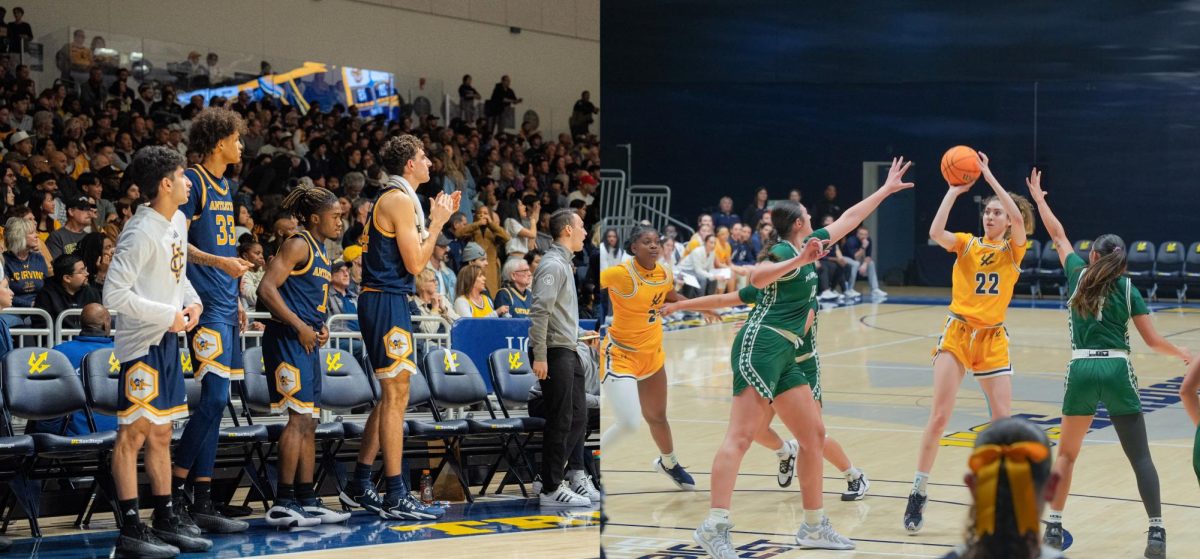
epic sports • Jul 12, 2020 at 6:55 am
watch more sports on epic sports it is free app and is easy to use.